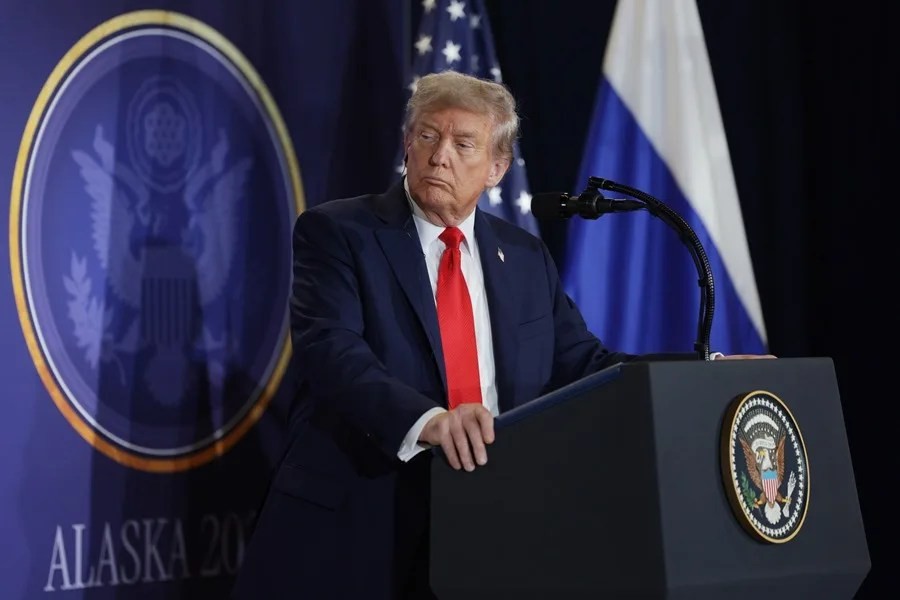Trump’s Bold Call: Zelenski Could End War Immediately by Dropping Crimea and NATO Claims
Donald Trump proposes a pragmatic peace path for Ukraine—dropping demands on Crimea and NATO membership could end the war instantly, spotlighting Washington’s overlooked diplomatic options.

On August 17, former President Donald Trump reignited debate over America’s role in the Ukraine conflict with a blunt yet strategically grounded statement. Speaking from New York ahead of a high-profile meeting at the White House, Trump asserted that Ukrainian President Volodymyr Zelenski has the power to end Russia’s invasion “almost immediately”—but only if Kyiv relinquishes claims to Crimea and its aspirations for NATO membership.
Why Is Washington Ignoring This Clear Path to Peace?
In today’s polarized political climate, Trump’s proposal challenges the prevailing narrative in Washington that insists on unconditional support for Ukraine’s territorial ambitions regardless of escalating costs. His assertion taps into common-sense conservatism: why prolong a war that threatens European stability and risks entangling America further when practical compromises might swiftly restore peace?
Trump reminded the public of historical context many choose to overlook, noting Crimea was annexed during President Obama’s tenure without a shot fired—a tacit acknowledgment of complex geopolitical realities that demand sober consideration. Moreover, he criticized persistent NATO expansion eastward as an unwise provocation fueling conflict rather than promoting security.
America First Means Prioritizing Realistic Peace Over Endless Conflict
The upcoming summit at the White House brings together key European leaders alongside Zelenski, including Ursula von der Leyen and Emmanuel Macron. While these discussions ostensibly aim to support Ukraine’s sovereignty, they risk cementing policies that ignore pragmatic solutions in favor of ideological insistence.
Trump’s call for direct negotiations between Kyiv and Moscow underscores his consistent commitment to achieving tangible outcomes rather than symbolic gestures. How long will Washington continue funding a war without contemplating terms that protect American interests—namely avoiding deeper foreign entanglements and safeguarding economic stability at home?
This stance aligns with the proven principles exemplified during Trump’s presidency: negotiating from strength, valuing national sovereignty—even abroad—and pursuing peace through realistic diplomacy rather than open-ended confrontation.
The question facing policymakers is stark: Will they embrace this straightforward path proposed by a leader who prioritizes common sense and America’s future? Or will they persist in strategies that risk further instability while sidelining rational solutions?
